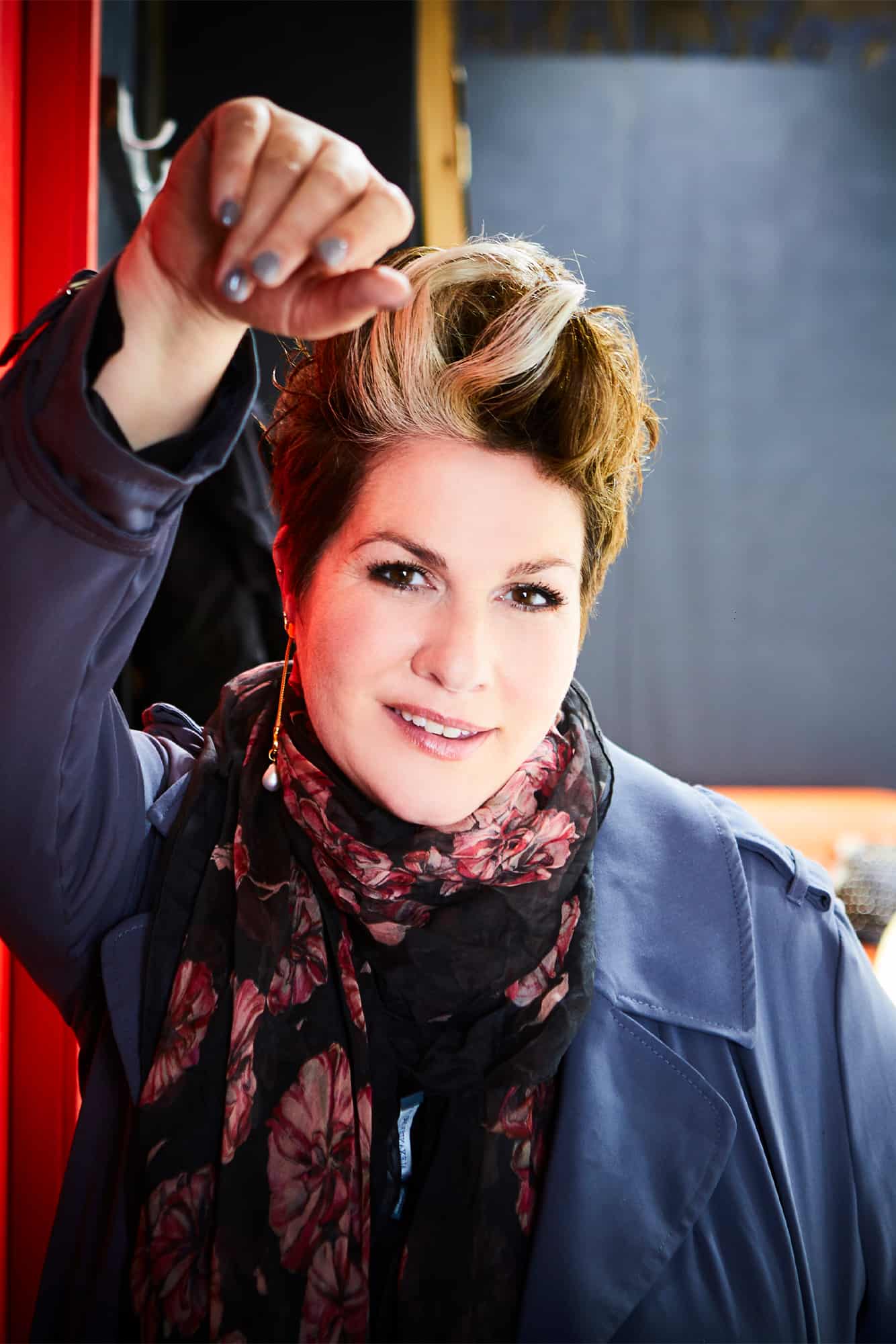Luxury brand Burberry launched its collaboration with video game Minecraft, which will consist of both a physical capsule collection inspired by the game, in-game adventures and real world experiences. But as many of Burberry’s followers commented on its Instagram announcement, “what does this have to do with clothing?” It’s an innovative partnership, but what’s the point?
This is becoming the de facto reaction to brands that launch metaverse-style projects. Certain parts of the industry applaud their progression, but their customers and followers are completely baffled. It doesn’t matter if the brand is Prada or Marks & Spencer, consumers need to feel a human connection to these projects to understand why they are significant.
Creators are crucial to this process. Minecraft streamers and YouTubers like Lizzie Dwyer, Solidarity (Jimmy) or Joseph Garrett would have been natural partners for Burberry x Minecraft and could have positioned the collaboration as a need-to-experience thing. 2022 has been the year of many brands assuming the metaverse is already relevant to the consumer. As we near the end of the year, I think it’s safe to say this is incorrect.
You may also like
That’s not to say brands like Burberry should stop in their tracks. Fashion in particular is an industry that would benefit from better understanding what consumers want and projects like this have the potential to deliver invaluable insights. Experts have noted that using metaverse fashion consumption to predict real-life desire could dramatically cut the amount of garments going into landfill. But the one thing all of this is missing? People. It was reported in October that Decentraland had 38 users per day. The Sandbox has less than 1,000.
Burberry is smart to partner with Minecraft, where an enormous user base is guaranteed and it already has a Roblox partnership in place. It also makes sense in terms of market visibility. There are over 500 million registered players in China and this is a key territory for Burberry. Also, the Asian consumer’s willingness to interact with the metaverse, Web3 and virtual reality is broadly much more positive than in the UK.
However, to really make an impact in its home country, Burberry needs people to humanise this collaboration. Creators are the missing piece of the puzzle here, and a missed opportunity Burberry may come to regret.
By Dina Zubi, news and features writer for CORQ.










Metaverse strategy requires a mix of logical and magical thinking